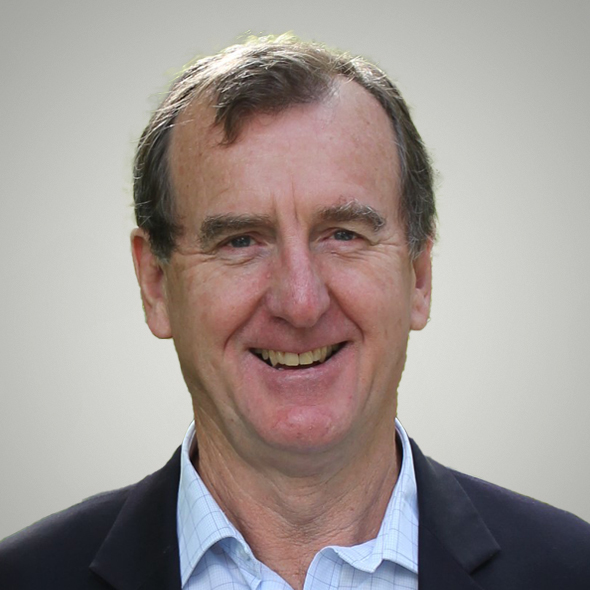Volunteers, directors, executives and staff of NFPs will be operating on the front line as Australia recovers from the summer's catastrophic natural disasters.
From BlazeAid and Wires to the Australian Red Cross and St Vincent de Paul, scores of charities have responded to the bushfire disasters and there has been a record amount of community donations — running in excess of $500m. The NFP sector will continue to provide a critical role in the recovery process, with volunteers, directors, executives and staff operating on the front line.
Australian Charities and Not-for-profits Commissioner (ACNC) Gary Johns says charities may find themselves in unfamiliar territory in coming months with a sudden influx of donations meaning they have greater capacity to provide assistance than ever before. However, this in itself presents challenges. “Meeting the needs of the community is a key priority, but donors need confidence that their funds are helping those in need,” he says. “Ensuring your charity has the right governance is crucial to managing donations effectively and ensuring accountability.”
In the wake of the emergency disaster response, the recovery period will also see many NFP directors dealing with many of the most vulnerable in our community. Already there is media commentary questioning whether NFPs are distributing funds quickly enough. The recovery process will be slow and painstaking and it may be helpful for NFP directors to consider lessons from previous disasters.
Following Hurricane Katrina in 2005, a report by the Hauser Center for Nonprofit Organizations examined the range of issues confronting the recovery effort and NFP responses. According to the report, “the public expectations, including those of most editors and reporters, are unrealistic because there is little concrete understanding of charities’ basic nature and what they do.”
Even though this event occurred less than 15 years ago, there is probably little improvement in the understanding of how charities really operate — and the media has moved to an even shorter timeframe. While some early criticism on the slow pace of funds distribution may be harsh, NFPs may gain by explaining the rationale for how they are dealing with funds distribution.
Oversight
While there will be instances of wrongdoing — Hurricane Katrina had media reports of “inappropriate” use of funds — the risk of applying too many oversights can outweigh the need for funds to go to appropriate people for appropriate use.
The NFP Governance Principles reference the need for appropriate stakeholder engagement and for organisations to have appropriate oversight of resources. Some organisations are establishing committees, often separate from the board, to oversee the collection and disbursement of monies. Committees are a good way of assisting in this oversight role and can quickly provide advice to the board on what is working effectively.
Getting resources where they’re needed
The infrastructure of many communities has been destroyed and this means it is even more expensive to get services on the ground where they’re required. The NFP’s normal pool of volunteers may have also been displaced, reducing the level of local knowledge. This puts enormous strain on some organisations from logistical and financial perspectives.
NFP organisations bring different comparative advantages to dealing with disasters and different sectors have both skills and limitations. Understanding what these are, and their implications, is critical. The NFP sector has traditionally been good at collaboration and crises such as the bushfires put that collaboration to the test.
The ACNC has extended the deadline for filing annual information statements to all bushfire affected charities until 28 May 2020.
Latest news
Already a member?
Login to view this content


